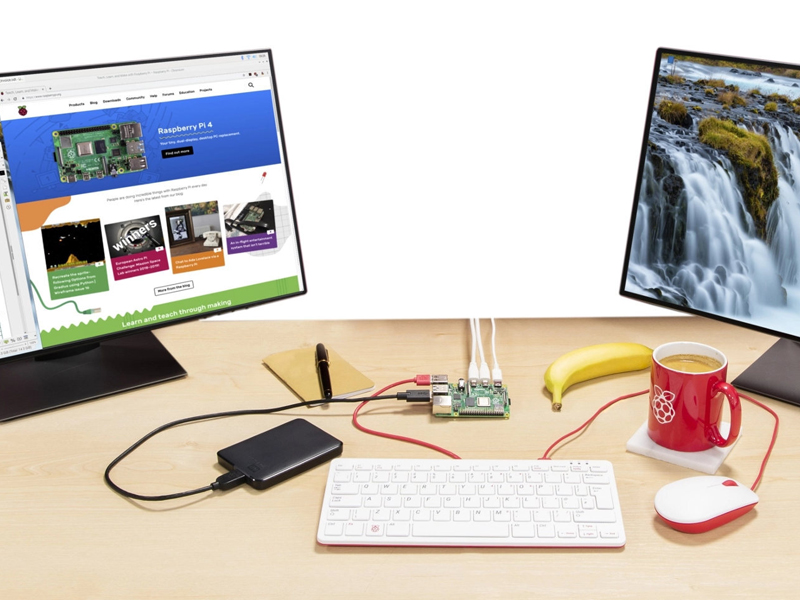This organization provides IT services to some 200 local entities spread over the largest province in Spain. More than 4,500 users daily access programs and applications as diverse as corporate mail, legislative databases, software for water purification management, or traffic.
The pandemic and lockdown raised the need to establish a stable, efficient and secure remote working system. This Provincial Council has the handicap of having many users and a limited budget. For this reason, they decided to launch a pioneering project in public administration with Raspberry Pi devices and the UDS Enterprise connection broker.
“When the lockdown period was over, we were aware that from now on, more and more people would work remotely. Soon an internal directive will be approved in the Provincial Council that regulates distance work, and we have to be prepared. As we have to provide remote workers with equipment, we decided to do it with low-cost terminals that are easy to manage for the IT team and an infrastructure that avoids traveling,” explained Eladio Maqueda.
They have designed four scenarios to facilitate remote working for all the staff of the Provincial Council and City Councils of the province:
- Connection to remote desktops via VPN for Windows 10 computers located in offices. This approach avoids the investment in new equipment and the problems derived from the operating system installed in the employees’ devices.
- Application virtualization UDS Enterprise. This part of the project has been implemented for years to access through Windows and Linux computers. In this way, they do not need to have so many computers turned on for users to connect to them remotely, with the energy savings and management facilities that it entails.
- Non-persistent desktop virtualization with UDS Enterprise and Nutanix. As in the previous point, providing a connection to virtual desktops eliminates the inconvenience of having to travel to manage, maintain computers one by one and have them turned on 24 hours a day. When the user logs out, all the changes made are deleted, and when they log in, they have a new desktop available.
- Videoconference and telephony. The intention is that the user does not need his own telephone and that it does not have to be provided either.
Also, they want to encourage the use of videoconferencing tools as a meeting method, to carry out courses…
They have acquired Raspberry Pi 4 model B devices with 4 GB of Ram and 64 GB SD card and 24-inch monitors with webcams for the pilot they are performing. They have set up the Raspberry Pi OS based on Debian and a windowed environment that only includes the software employees need to work. The adjustments and customizations in their platform with UDS Enterprise have been made with the help of the professionals at Virtual Cable and Quer System.
The video session culminated with a demo in which Eladio Maqueda showed how to access using these low-cost devices virtual desktops and applications managed and deployed by the VDI broker UDS Enterprise . In our next post, we will report all the details of this interesting technical demonstration.








0 Comments